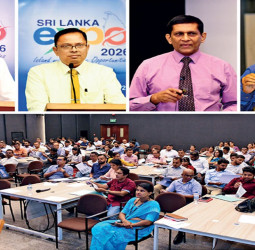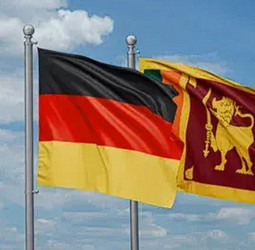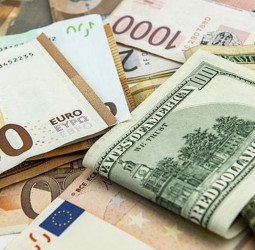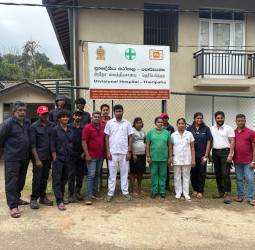The uncertainty regarding the consequences of VAT payments in the tea industry with the abolition of SVAT (suspended VAT) from 1st October 2025 and possible cash flow issues, drop in tea prices have sent concerns through the entire supply chain of the local tea industry.
At the tea auction in Colombo, on average 5-6 million kg of teas are sold every week. Based on current average tea auction prices the 18% VAT payment on tea sales amount to Rs. 4 billion per month. Due to the competitive nature of the global tea industry, most tea export companies operate on low margins and will have to resort to bank borrowings to cover the additional cash flow requirements that arises from the imposition of VAT on the tea industry. The interest component on the additional bank borrowings is estimated to be about Rs. 480 million per month or Rs 5,760 million per year. In a competitive global tea market, the VAT liabilities cannot be passed on to the foreign buyers and as a result the exporters will be compelled to pass it down the supply chain causing a negative impact on the tea auction prices. It is estimated that tea auction prices could come down by Rs. 20.00 per kg affecting the income of all tea producers especially the tea smallholder farmers numbering more than 480,000.
While respecting the government policy decision to abolish the SVAT from 1st October 2025 the tea exporters have concerns over the Inland Revenue Department (IRD) risk based VAT refund mechanism in 45 days’ as it lacks clarity and transparency. As we understand, the export companies categorized as low and medium risk companies only will be eligible for the VAT refund in 45 days. Tea Exporters Association (TEA) on number of occasions requested the IRD to include 10-15 tea export companies in their pilot project but no such opportunity was provided to learn how the proposed system works.
The export companies with more than 50% of exports only are eligible to apply for VAT refunds by the end of each month and technically it will take 75- 90 days to receive a refund from the date of payment of VAT by an exporter. At any given time IRD will hold Rs. 10-12 billion of VAT refunds due to the tea export companies affecting the financial position of tea export companies. The outstanding VAT refunds due to Tea Export companies for 2015-2025 period is over Rs. 1.3 billion and hence the tea exporters are uncertain of the IRD ability to refund the VAT in 45 days.
At present over 200 tea export companies operate at the weekly tea auction providing a very competitive demand environment that ensures best possible prices for the tea producers. Ceylon Tea gets a premium of over $ 1.00-1.50 per kg against Kenya and India due this demand environment. The SME category tea export companies account for about 20% of the annual tea export volume of the country and their operations can be seriously affected from the additional cash flow requirement. The absence of SME category could take this demand out of the auction system thus affecting the tea prices and subsequently affecting the income of tea producers.
More than 50% of the tea smallholder farmers have less than half acre of land for tea cultivation. They earn about Rs. 25,000/ per month from supply of green leaves and if they have to absorb the Rs. 5,760 million additional financial cost of the exporters due to the impact of VAT on tea industry their income could further come down affecting the living conditions of 480,000 tea farmers and their families.
Tea is the only agriculture product in Sri Lanka that has 93 % of exports and local sale component is estimated at around 7% of the production. Since tea sales are conducted on the E-platform all local tea buyers pay the 18% VAT and there is no revenue loss to the government. However, all tea purchases are subject to 18% VAT payment while all other agricultural products have been exempted from VAT. It is relevant to mention that both India and Kenya removed VAT on export of teas in 2023.
Tea Exporters Association requests the government to ensure the refund of VAT in one-month period to minimize the adverse impact on the industry by implementing a more robust mechanism using the digitalized system if it cannot exempt this vital sector from VAT payment.


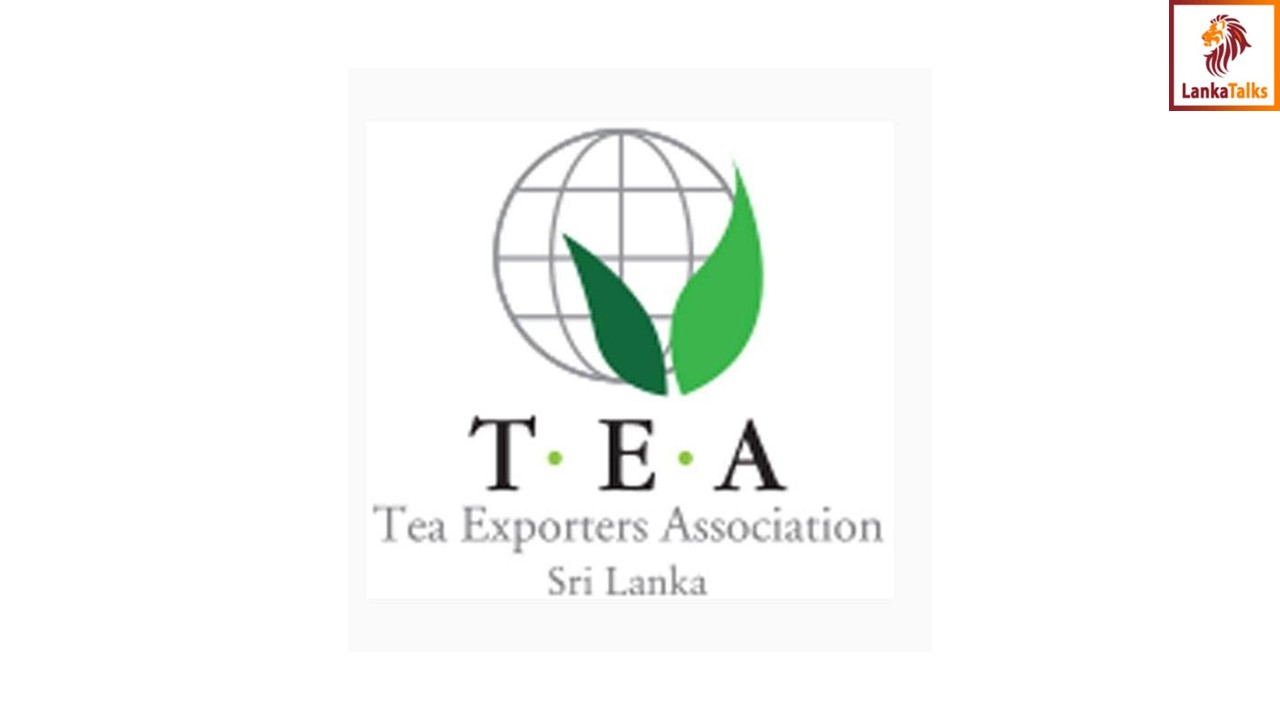
 A.R.B.J Rajapaksha
A.R.B.J Rajapaksha
